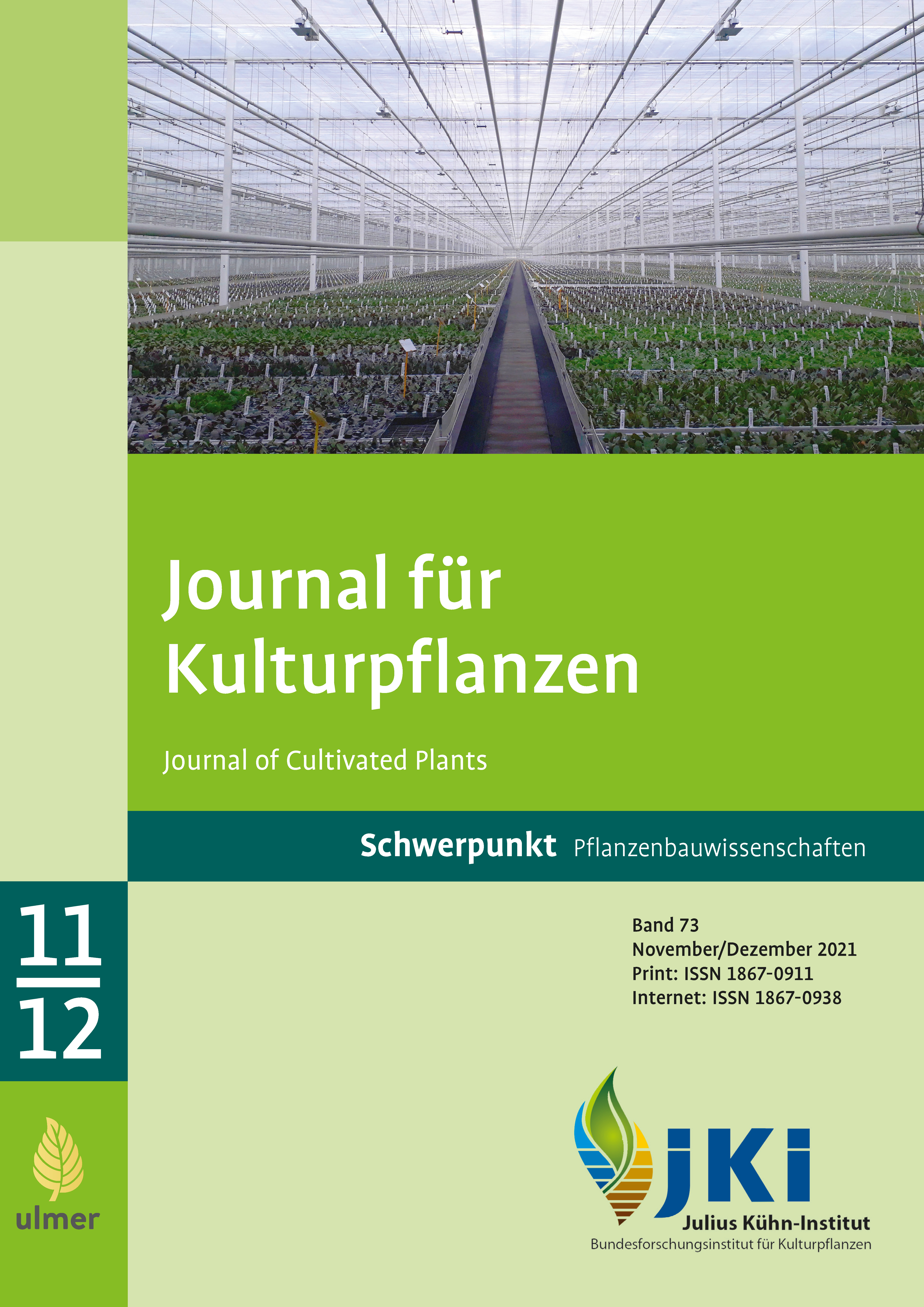Levels of urban green knowledge when planning the multifunctional, inclusive community garden "Ludwigsgarten Braunschweig"
DOI:
https://doi.org/10.5073/JfK.2021.11-12.03Keywords:
Community garden, inclusion, green city knowledge, garden planningAbstract
Against the background of the planning of the multifunctional, inclusive community garden “Ludwigsgarten Braunschweig”, it was worked out which contents should be included in the term “urban green knowledge”. Legal and insurance requirements, urban planning aspects, botanical and horticultural knowledge of plants, knowledge of urban ecology including climate and biodiversity are just as much a part of urban green knowledge as is knowledge of the needs and expectations of the users or residents of the district in which the garden is located. This complex urban green knowledge was essential for the planning of the garden concept for the “Ludwigsgarten Braunschweig” in order to be able to transfer it to the implementation via agile project management with the participation of many actors. A suitable communication structure could be established through social work skills. This addressed the people with disabilities as well as the residents of the neighborhood. A project manager turned out to be the key person for communication in the project and was supported by a group of experts with a rotating cast. It is recommended that the usual planning project for green spaces be preceded by participation planning for all groups of actors and that clear rules and obligations follow in a jointly developed user management concept. This enables citizens to be actively and actively involved in urban green planning, landscaping and maintenance.
Downloads
Published
Issue
Section
License
Copyright (c) 2021 Falko Feldmann, Stefan Röther, Mona Quambusch, Ute Vogler

This work is licensed under a Creative Commons Attribution 4.0 International License.
The content of the journal is licensed under the Creative Commons Attribution 4.0 License. Any user is free to share and adapt (remix, transform, build upon) the content as long as the original publication is attributed (authors, title, year, journal, issue, pages).
The copyright of the published work remains with the authors. The authors grant the Journal of Cultivated Plants, the Julius Kühn-Institut and the OpenAgrar repository the non-exclusive right to distribute and exploit the work.







